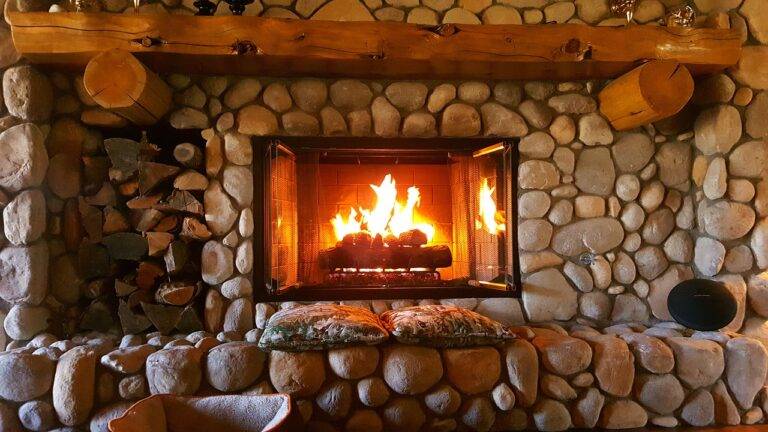Navigating Home Demolition Regulations: All panel 777, Lesar247, 99 exch
all panel 777, lesar247, 99 exch: Navigating Home Demolition Regulations
Home demolition can be a complex process, especially when it comes to navigating the regulations and requirements set forth by local authorities. Understanding the legalities involved in demolishing a home is crucial to ensure a smooth and trouble-free process. In this article, we will delve into the various regulations surrounding home demolition and provide you with the information you need to navigate them effectively.
Understanding Home Demolition Regulations
Before embarking on the journey of demolishing your home, it is essential to familiarize yourself with the regulations governing the process. These regulations are put in place to ensure the safety of the surrounding community, protect the environment, and uphold the integrity of the local planning and building codes.
1. Obtaining the Necessary Permits
One of the most critical steps in the home demolition process is obtaining the necessary permits from your local government. These permits are essential to demonstrate that the demolition is being carried out in compliance with all relevant regulations. Without the proper permits, you could face hefty fines and legal repercussions.
2. Environmental Regulations
Home demolition can have a significant impact on the environment, especially if hazardous materials are present. It is crucial to comply with environmental regulations to ensure that any harmful substances are removed and disposed of properly. Failure to do so can result in serious consequences for both the environment and your wallet.
3. Safety Regulations
Safety is paramount when it comes to demolishing a home. It is crucial to adhere to safety regulations to protect not only yourself and your family but also the workers involved in the demolition process. Failing to follow safety protocols could lead to accidents, injuries, or even fatalities.
4. Noise Regulations
Demolishing a home can be a noisy affair, which can be disruptive to the surrounding community. It is essential to be aware of noise regulations in your area and take measures to minimize noise pollution during the demolition process. Failure to do so could result in complaints from neighbors or fines from local authorities.
5. Waste Disposal Regulations
Proper waste disposal is a crucial aspect of home demolition. It is essential to comply with waste disposal regulations to ensure that debris and materials from the demolition are disposed of responsibly. Failure to do so could result in fines and penalties for improper waste management.
6. Historical Preservation Regulations
If your home is located in a historically significant area, there may be regulations in place to protect the historical integrity of the property. It is essential to familiarize yourself with any historical preservation regulations that may apply to your home before proceeding with the demolition.
7. Zoning Regulations
Zoning regulations dictate how land can be used in a particular area. It is crucial to ensure that your proposed demolition complies with local zoning regulations to avoid potential legal issues down the line. Consulting with a zoning expert or local planning department can help you navigate these regulations effectively.
FAQs
Q: Do I need a permit to demolish my home?
A: Yes, you will need to obtain the necessary permits from your local government before demolishing your home. Failure to do so can result in fines and legal repercussions.
Q: How long does it take to obtain a demolition permit?
A: The timeline for obtaining a demolition permit can vary depending on the local government. It is best to start the permit application process well in advance to avoid delays.
Q: What should I do with hazardous materials in my home?
A: It is essential to hire a professional to safely remove and dispose of any hazardous materials in your home before demolition. Failure to do so can have serious environmental and health consequences.
Q: Can I demolish my home myself?
A: While it is technically possible to demolish your home yourself, it is not recommended unless you have the necessary expertise and equipment. Hiring a professional demolition contractor is the safest and most efficient option.
Q: How much does it cost to demolish a home?
A: The cost of home demolition can vary depending on factors such as the size of the home, the materials involved, and the location. It is best to obtain quotes from several demolition contractors to get an accurate estimate.
Q: What should I do if my home is located in a historically significant area?
A: If your home is located in a historically significant area, it is essential to consult with local historical preservation authorities before proceeding with the demolition. They can provide guidance on how to navigate the regulations specific to historical properties.
In conclusion, home demolition regulations can be complex and nuanced, but with the right knowledge and preparation, you can navigate them effectively. By obtaining the necessary permits, complying with environmental and safety regulations, and consulting with experts as needed, you can ensure that your home demolition process is smooth and hassle-free. If you have any further questions or concerns, do not hesitate to reach out to your local government or a professional demolition contractor for guidance.







